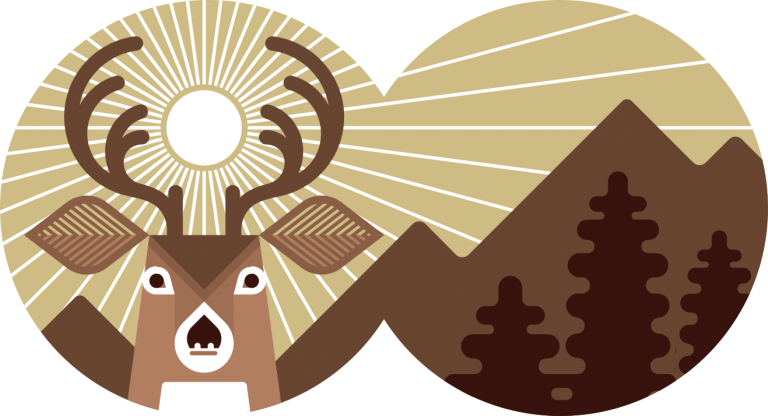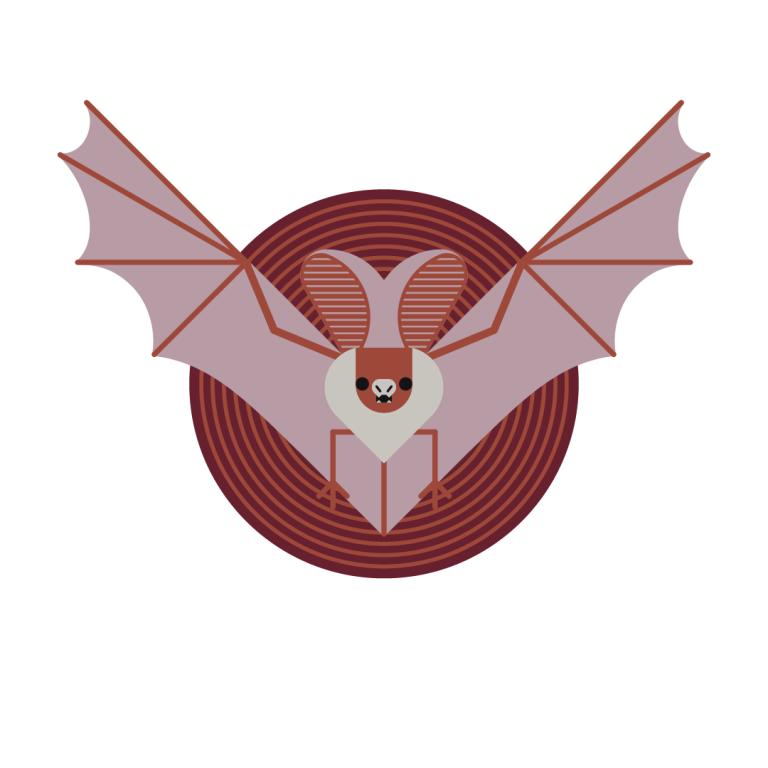Mule Deer
Meet the Mule Deer – Lillooet’s most beloved wildlife species. They can be seen in and around town foraging on valley slopes during dawn and duck hours. Mule deer are ‘browsers’, which means they prefer to eat twigs, buds, and leaves on shrubs and trees. First Nations people of the Interior used Mule Deer for their meat, especially when salmon were scarce. Today, Mule Deer continue to be sustainably hunted for their meat while the general public appreciates them for their natural beauty.

where it lives
Mule Deer are most plentiful in the southern half of British Columbia where tall mountains and deep valleys provide a range of habitat types. Did you know Mule Deer have special habitat needs for all four seasons? Lillooet biologists discovered male Mule Deer will migrate up to 40 km to reach their winter ranges. When spring arrives, they may travel another 40 km down to the valleys for fresh grass. Interestingly, some deer decide not to migrate and these are called residents. Why do you think some Mule Deer move and others stay put?
conservation concern
Mule Deer are not at-risk in British Columbia but populations in the traditional territory of the St’at’imc Nation have been in decline for decades. Experts believe hydroelectric dams and timber harvesting are contributing to these declines. Hydroelectric dams prevent Mule Deer from moving freely across the landscape to access unique foraging ranges in the spring, summer and winter.
What you can do
Keep a watchful eye out for Mule Deer when driving BC’s mountain highways. This is especially important in the spring when they come down into the valleys to feed on fresh grass alongside highways.








